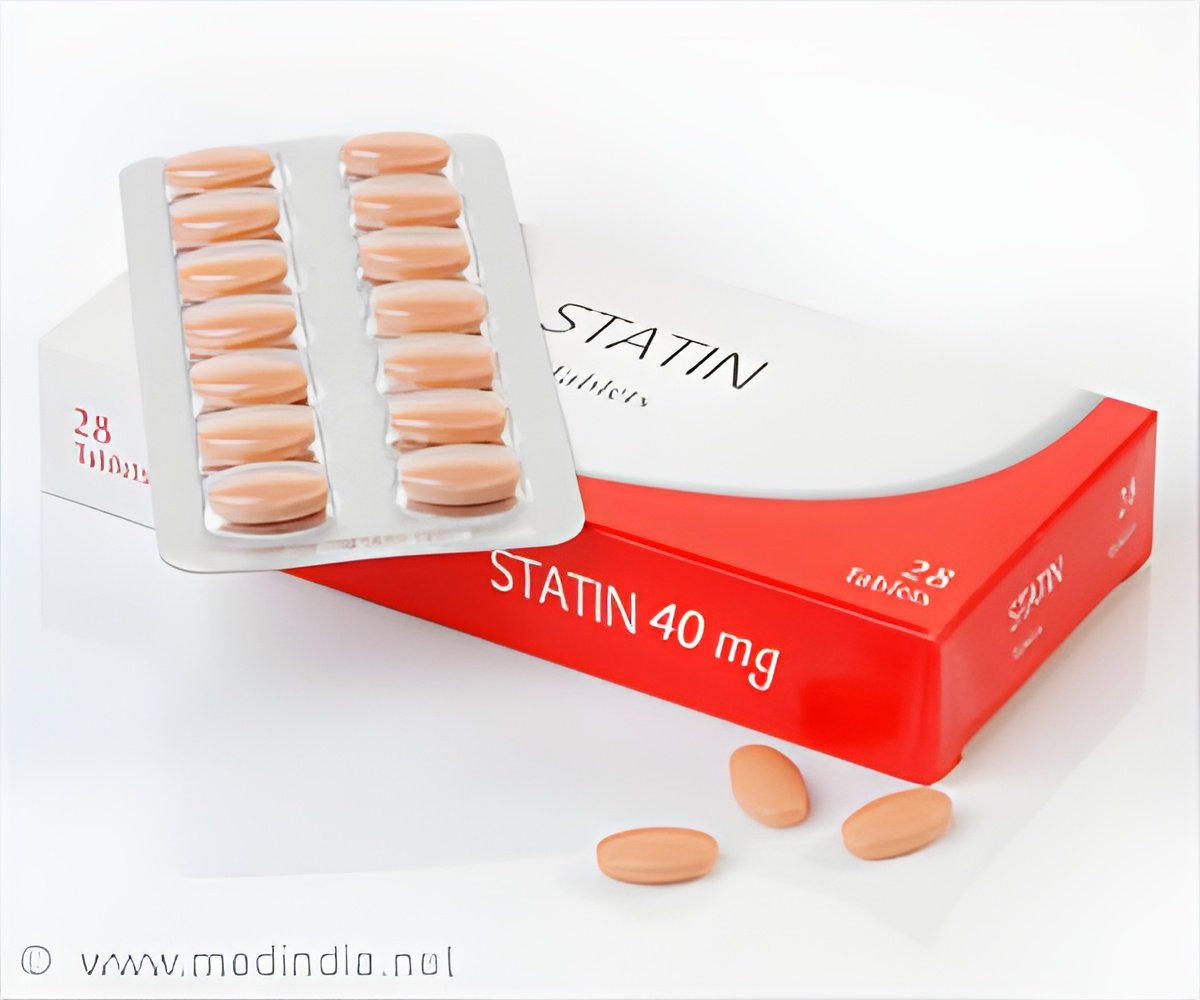Statin drugs may not benefit patients with lung cancer, reveals study.

- Lung cancer is the second most common cancer among men and women.
- Statin drugs are commonly used for lowering the cholesterol levels.
- A new study finds that statin drugs may be ineffective in treating patients with lung cancer.
The research study was published in the Journal of Clinical Oncology.
Statin Drugs
The drug works by lowering the cholesterol levels and are prescribed by doctors to prevent heart attack or strokes. Some of the commonly used statin drugs may include atorvastatin, rosuvastatin and pravastatin.
The potential of statin drugs to resist the growth and survival of cancer cells in patients were studied by conducting a number of small-scale studies which were published over the last five years.
Cholesterol plays a major role in cell growth messages. By lowering the cholesterol levels the growth of cancer cells can be impaired. It was also believed that cholesterol was found to lower the recurrence of cancer after treatment, this may improve the survival of cancer patients.
According to a largest randomized trial of statin therapy in cancer patients, The research team from the Imperial College measured the effects of a leading statin drug called Pravastatin among patients with small cell lung cancer.
The research study was conducted on 846 patients from 91 UK Hospitals was carried out at the Cancer Research UK & UCL Cancer Trials Centre at the UCL Cancer Institute.
The findings of the study showed that even though there were no adverse effects from taking statin drugs, there were no benefits at all.
Professor Michael Seckl, from the Faculty of Medicine at Imperial College London, who led the research. "It's becoming increasingly common for patients with increased cholesterol to take statins and many cancer patients will be or have been prescribed these drugs entirely separately from their cancer treatment."
"There's no reason for people to stop taking statins to manage their cholesterol, but it's extremely unlikely, for patients with small cell lung cancer, that taking statins will make any difference to their cancer treatment outcome. Because all statins work in a similar way to lower cholesterol, it's relatively unlikely that statins other than Pravastatin would have a different, more beneficial effect."
The research team may plan to continue their investigations on how well the statin drugs may work at cellular level.
Professor Allan Hackshaw, Deputy Director of the Cancer Research UK & UCL Cancer Trials, said, "Our results match those of other randomised trials examining different types of cancer, but these were much smaller than our own study, and they have also shown no benefit to using statins in cancer treatment."
"Collectively, this evidence seems quite persuasive."
"It is possible that ongoing statin trials of other types of cancers might find a benefit, and so it would be interesting to see their findings when available. However, I think researchers should consider carefully whether to start a new statin trial as part of cancer treatment, without results from further large studies like ours."
Interesting Facts on Lung Cancer
- It is the second most common cancer in men and women.
- Two out of three people who are diagnosed with lung cancer are above the age of 65.
- More than half of the people with lung cancer will die within one year of being diagnosed with the disease.
- A minimum of at least 8.6 million people in America are at a high risk for lung cancer.
- Smoking is the main risk factor for 80% to 90% of lung cancer.
- Michael J. Seckl et.al. ' Multicenter, Phase III, Randomized, Double-Blind, Placebo-Controlled Trial of Pravastatin Added to First-Line Standard Chemotherapy in Small-Cell Lung Cancer (LUNGSTAR) ' Journal of Clinical Oncology (2017); DOI: http://dx.doi.org/10.1200/JCO.2016.69.7391
- 10 Lung Cancer Facts - (https://health.clevelandclinic.org/2012/11/10-lung-cancer-facts-2/)
- Lung Cancer Fact Sheet - (http://www.lung.org/lung-health-and-diseases/lung-disease-lookup/lung-cancer/resource-library/lung-cancer-fact-sheet.html)
Source-Medindia














